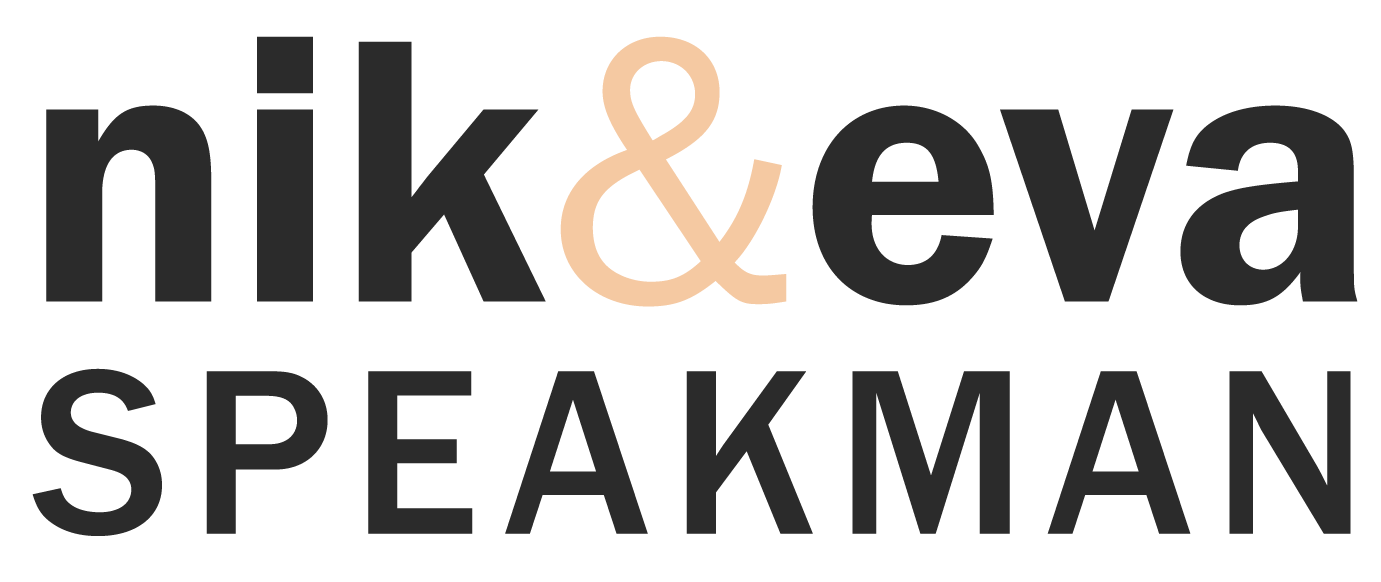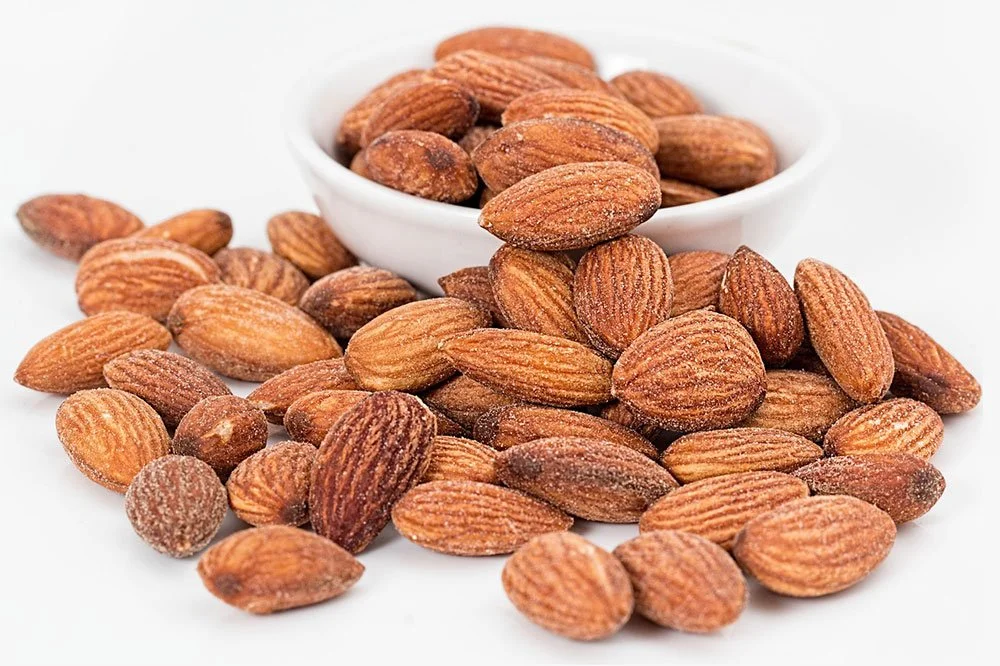Why eat dirty, when you can eat clean?
Cut Down On Alcohol
Although several studies have shown that moderate amounts of alcohol (1 drink per day for women, 2 for men) can have some health benefits—raising “good” HDL cholesterol, “thinning the blood” (preventing clots that can cause heart attack and stroke) and possibly warding off dementia and Alzheimer’s disease, there are some good reasons to make sure that your alcohol consumption stays moderate. Alcohol takes a toll on your liver, the major organ of your body devoted to “detoxing” your system. It also acts as a diuretic, making it harder to stay hydrated. One idea to cut back: Try sticking to the suggested limit of one drink a day for women, two for men. (Think of the calories and money you’ll save!)
Most of us eat too much sugar. On average, Americans consume 475 calories of added sugars every day (that’s 30 teaspoons), which is way higher than what’s recommended by the American Heart Association (6 teaspoons per day for women, 9 for men). High intake of added sugar is linked with risk factors for heart disease, such as high blood pressure and high triglyceride levels. One idea to cut back: Skip processed foods, which can be loaded with hidden added sugars, and when you want a sweet treat, reach for fruit for a natural sugar fix.
Cut Down On Salt
Americans, on average, eat 3,400 milligrams of sodium in a day, about 1,000 mg more than they should. And if they were to cut that much out of their daily diets, they’d lower their risk of heart disease by up to 9 percent, according to a study in the New England Journal of Medicine. Restaurant foods and processed foods both tend to be very high in sodium, so a key step in lowering your sodium intake is to cook at home using fresh ingredients instead. One idea to cut back: Try eating out less and cooking more at home using fresh ingredients instead. And try boosting flavor with herbs and spices rather than salt.
Cut Down On Saturated Fat
Saturated fat — the kind of fat that’s found in whole milk, cheese, butter and meat—raises your “bad” LDL cholesterol, which can damage arteries. One idea to cut back: Avoid animal fats and swap them for healthier unsaturated fats from plant foods like nuts, avocados and olive oil.
Cut Down On Refined Grains
Refined grains—white flour, white rice—are stripped of beneficial fiber, vitamins and minerals. So while they add calories, they’re not really providing much in the way of nutrients. And since they’re low in fiber, they’re less satisfying than whole grains. One idea to cut back: Check the ingredient list and make sure the word “whole” describes the grains in the product—if it just says “wheat flour,” for example, that’s not whole-wheat, so make another choice.
Cut Down On Processed Foods
By cutting these out, you can easily minimize your intake of added sugars, salt and trans and saturated fat, too, since these things are often added to processed foods for taste. Plus, you’ll make room for more healthy whole foods in your diet. One idea to cut back: Go through your cabinets and see which of your foods come in boxes and think of alternatives. Two ideas to get started: Swap crackers or crisps for crunchy veggies, and if you rely on prepared meals, like mac and cheese or canned soup, find an easy recipe to make your favorites from scratch.
Have More Fruits and Vegetables
Year-round, we eat a lot of fruits and vegetables. Not only do they add a lot of flavor and color to meals, they’re nutrient- and antioxidant-rich, low in calories and can help lower your risk for heart disease. One idea to get more: When figuring out what to make for dinner, make vegetables the main event—start with the vegetables you have on hand or what looks good to you at the supermarket. From there, figure out what else (protein, starch) would go well with it.

